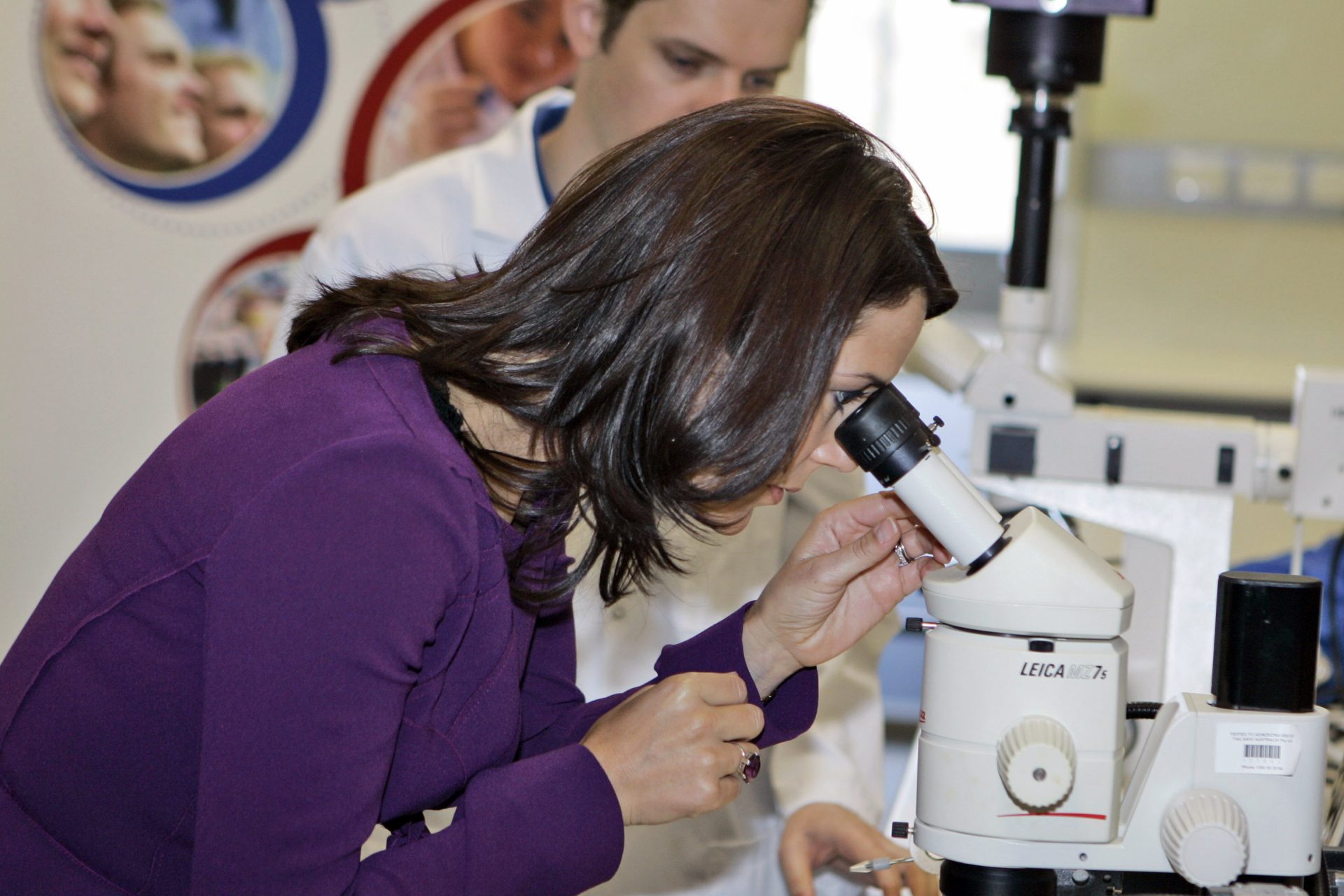How a Soviet lab could save humanity
The risk of superbugs is not new, but it is becoming increasingly worrisome. Hope may lie in an old Soviet laboratory, which grew a virus capable of killing them.
Superbugs, as they are popularly known, are resistant to drugs and put the health of the world's population at risk, and have become one of the greatest threats to the human species.
This is because overuse of medication, in particular antibiotics to treat infections has caused bacteria to develop resistance to them. With that, every year, there are more superbugs, aggravating the problem.
Photo: Unsplash - Ani Kolleshi
To give you an idea, in 2019, 1.2 million people died from antibiotic-resistant bacterial infections. The number was shared by the medical journal, The Lancet.
In a statement, Chris Murray, professor at the Institute of Metrics and Health Assessment at the University of Washington, said that, by the year 2050, 10 million deaths per year due to antimicrobial resistance are predicted.
Quoted by CNN Brasil, Ana Paula Assef, from the Oswaldo Cruz Foundation, said: "With the exhaustion of therapeutic actions, infections that today are known to have a simple treatment, may, in the future, cause greater damage to the organism, insofar as we will have less resources to fight them."
Photo: Unsplash - Engin Akyurt
The situation is serious and has caused alarm in the scientific community and among health authorities, but the race to develop a new method against bacteria is in full swing.
This is where Soviet research comes in. In 1923, scientist George Eliava, specialized in Microbiology, founded a bacteriological institute in Tbilisi, capital of Georgia, part of the former USSR. His goal was to research and promote phage therapy.
A bacteriophage, or simply phage, is a virus that only infects bacteria. That is, it is a natural parasite of bacteria, capable of reducing their power or even killing them.
Although the Soviet researcher Eliava was killed in 1937 in Stalin's purges, research on phages continued to be developed.
At the time, the world center for phage research and therapy was Eliava, in the USSR, which remains active and was a reference in the area. The pioneers in the research of this type of virus passed through there: the British, Frederick Twort, and the French, Félix D'Herelle.
In the West, antibiotics have become increasingly popular, leaving the study of phages in the background. In World War II and for the next three decades, antibiotics did indeed save many lives. However, from the 1990s and 2000s, the scenario changed completely.
Since then, there have been no significant advances in the improvement of new antibiotics and superbugs have gained ground.
Today, thanks to Eliava's followers, who continued research on phages, other countries are developing important tests in the area. Israel, Belgium and Poland are examples of this, according to Superinteressante magazine.
The same magazine reported that the number of rigorous tests has increased a lot since 2015. In 2021, an incredible 19 tests were registered (on the clinicaltrials.org website), against only 1, in the early 2000s.
Now, it remains to be seen whether the research carried out by the Georgia laboratory over the last century will bear fruit with current scientific resources.
Despite still being far from pharmacies, everything indicates that phages will be the new protagonists of human health in the coming years. A virus capable of containing superbugs.
More for you
Top Stories






























